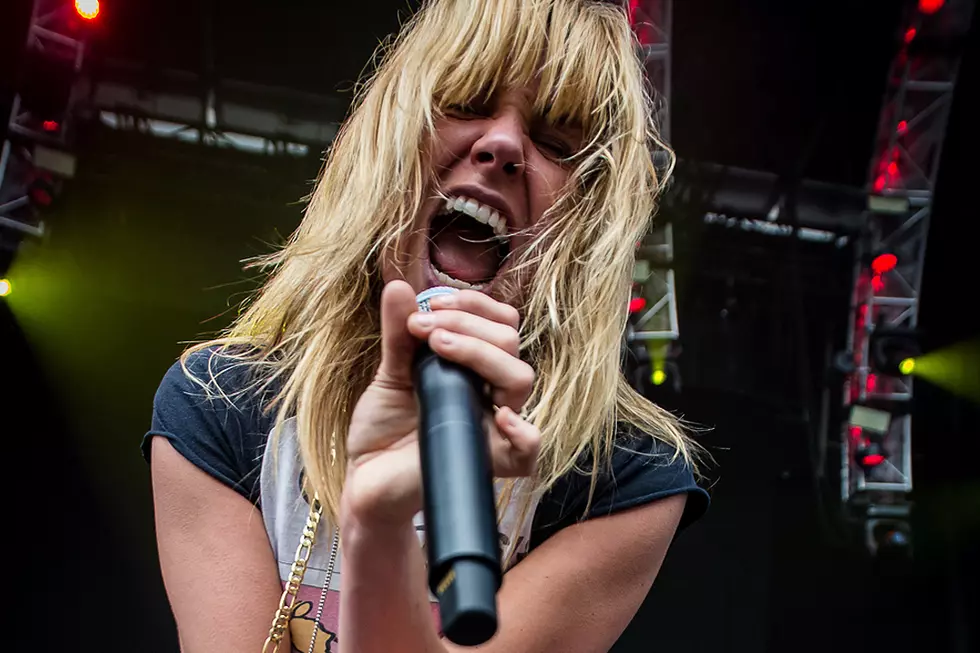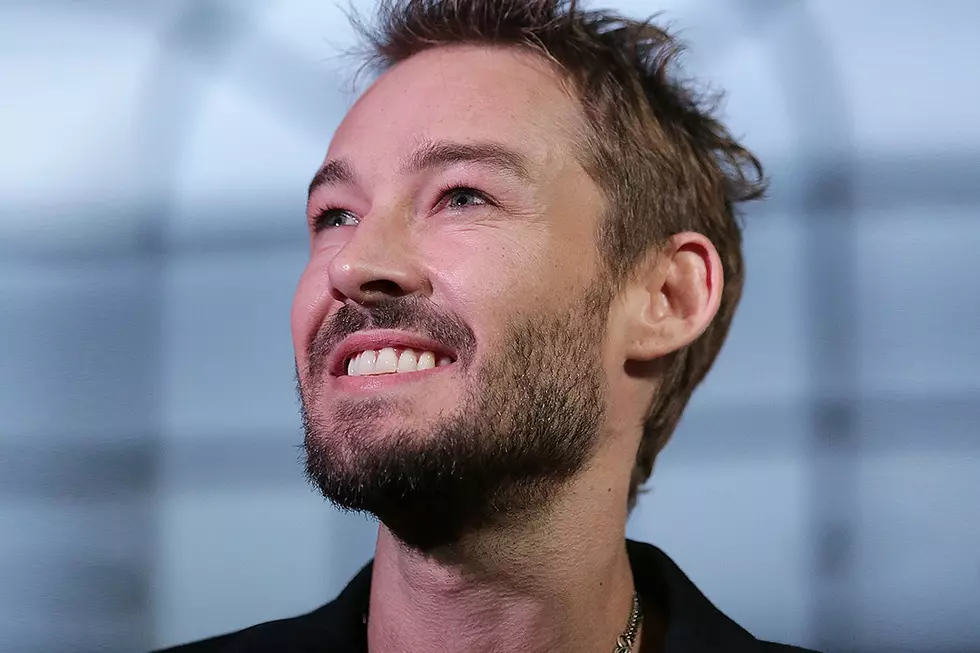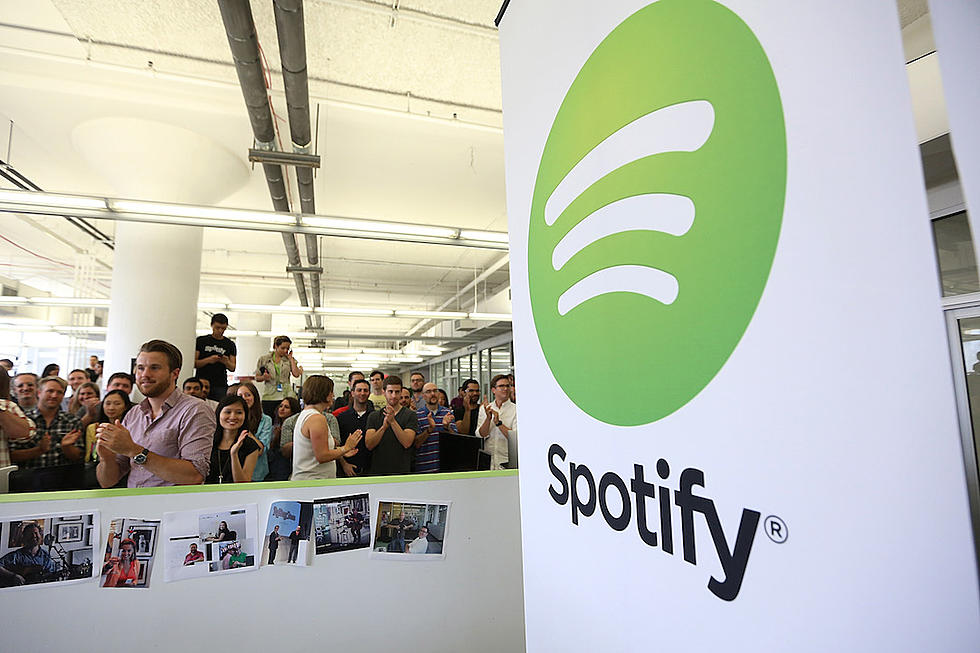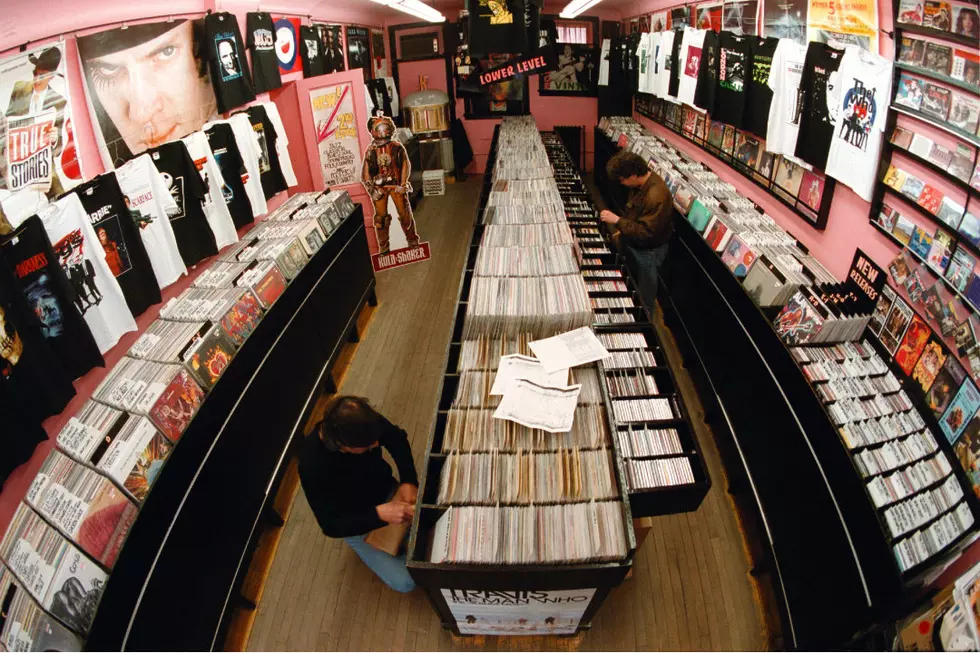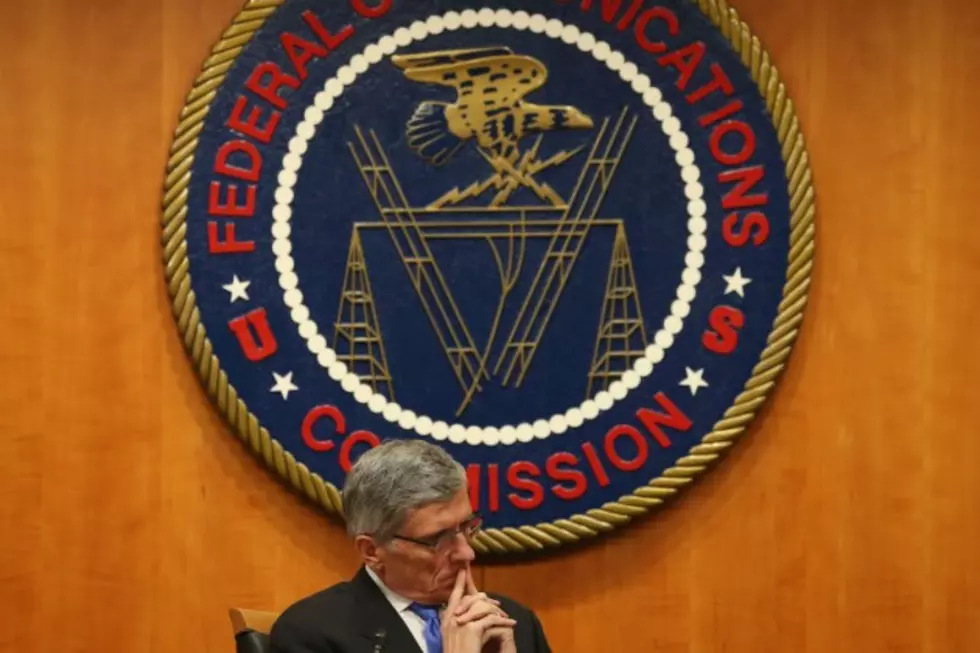
What the FCC’s Newly Approved Net Neutrality Regulations Mean for the Music Industry
“This is no more a plan to regulate the internet than the First Amendment is a plan to regulate free speech.”
Those were FCC chairman Tom Wheeler’s closing words to a board of commissioners who today (Feb. 26) voted in favor of a set of net neutrality regulations that will help maintain an open internet -- surely to the delight of the nearly 100 musicians (including members of R.E.M., Neutral Milk Hotel, Spoon and more) who recently signed an open letter expressing their support for the new rules.
Despite efforts from members of the GOP to delay the vote, the FCC approved a proposal that will reclassify the internet as a utility, which will work to protect users from internet service providers using tactics like paid prioritization and blocking content to their personal advantage.
Interestingly, among the people the FCC board heard from was Veena Sud, who developed the AMC TV series The Killing, which was canceled and later brought back for another season on Netflix. In her testimony, she argued that online TV streaming platforms like Netflix and Amazon have allowed for more creative voices to be shared and heard, and the new net neutrality regulations would help foster an internet where that can continue to grow.
The same holds true for musicians.
These net neutrality regulations will help ensure all data is treated equally, allowing for a level marketplace for all businesses and entrepreneurs to adequately compete – something that's vital for artists who want their music to reach new audiences in the industry's increasingly digital landscape. While many (including us) still venture to record stores in hopes of leaving with "a bag of mystery music," today's reality more often involves purchasing albums digitally on iTunes or streaming them on platforms like Spotify, watching new videos on Youtube and sharing the music we love on sites like these.
The collective of musicians who signed the open letter imploring the FCC to approve the proposal set for by Wheeler argued just that, writing, “Net neutrality is not only a powerful engine of creative expression and civic discourse, it is the very oxygen of a free and competitive marketplace built on technological and cultural innovation. And artists are drivers of both.”
More From Diffuser.fm

